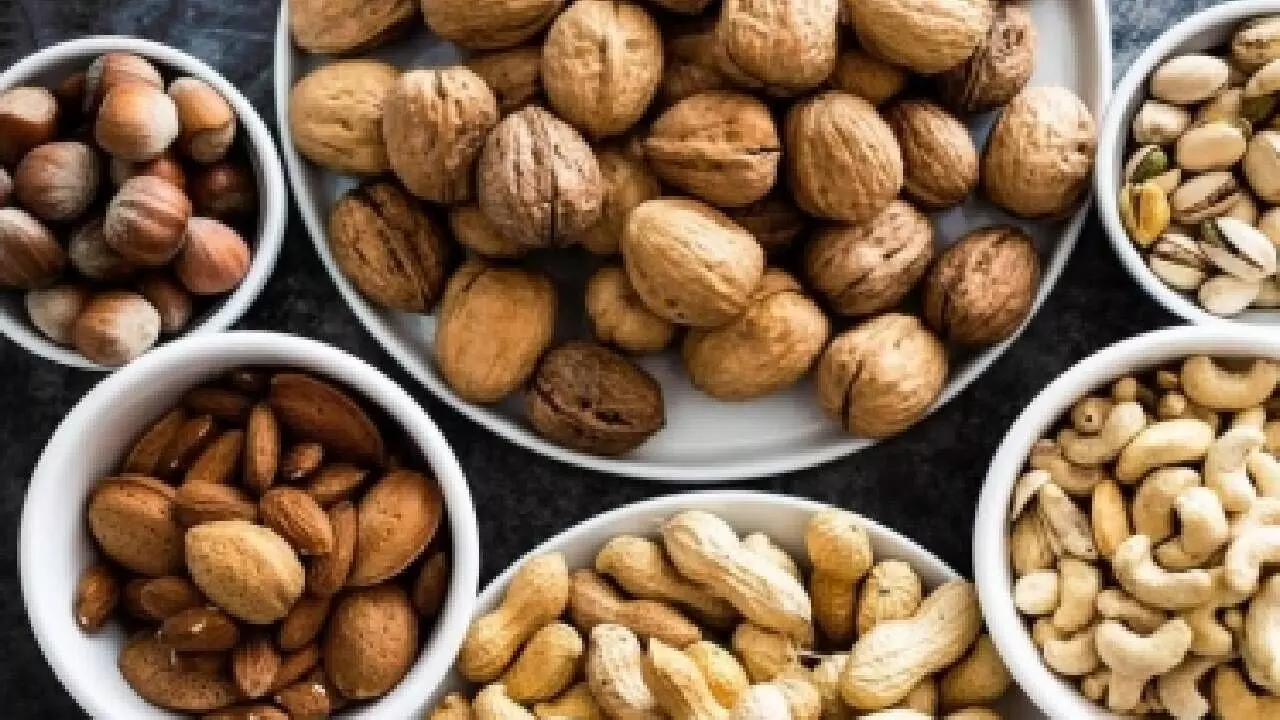Smart snacking grows 1.2 times faster than traditional snacks in India
As urban consumers increasingly seek health-oriented products, smart snacking in India has grown 1.2 times faster than traditional snacks, according to a report on Tuesday
Smart snacking grows 1.2 times faster than traditional snacks in India

Mumbai, Nov 12: As urban consumers increasingly seek health-oriented products, smart snacking in India has grown 1.2 times faster than traditional snacks, according to a report on Tuesday.
About 63 per cent of surveyed consumers seek innovative and healthy snacking options while 50 per cent read ingredient labels to understand nutritional value,’ according to the report by consumer intelligence company NielsenIQ (NIQ).
One in five snacks now has a health connotation in the country. “This segment is growing 1.2 times faster than traditional snacks in terms of value, presenting opportunities for brands to innovate in health-focused products and leverage the consumption trend,” said Sonika Gupta, Executive Director, Customer Success–India at NIQ.
In consumer tech, the trend toward health-focused products is evident. Fitness wearables experienced a 59 per cent volume growth, while hot air fryers grew by more than 100 per cent, signalling broader health-conscious behaviour.
India’s snack and confectionery industry ranks second in market size across Asia-Pacific, is transforming as urban consumers increasingly seek health-oriented products.
The rise in lifestyle diseases has driven Indian consumers to opt for snacks that align with their health goals.
Study showed that 84 per cent of surveyed urban Indian consumers exercise daily or regularly to keep fit and 48 per cent use a fitness or exercise app.
Smaller, emerging players are challenging established players with competitive offerings, with single-serve packs driving demand and growing 60 per cent faster in smart snacking due to mainstream pricing strategies.
The smart snacking segment’s growth is fuelled by consumption rates twice that of the general snacks market.
The consumption preference is driven by small convenient pack sizes that have demonstrated 60 per cent higher growth compared to traditional small packs in the snacking space.
Notably, Smart Snacking has been growing at 16 per cent in terms of value, but recent trends show a slowdown in count of new innovations and product launches, said the report.

